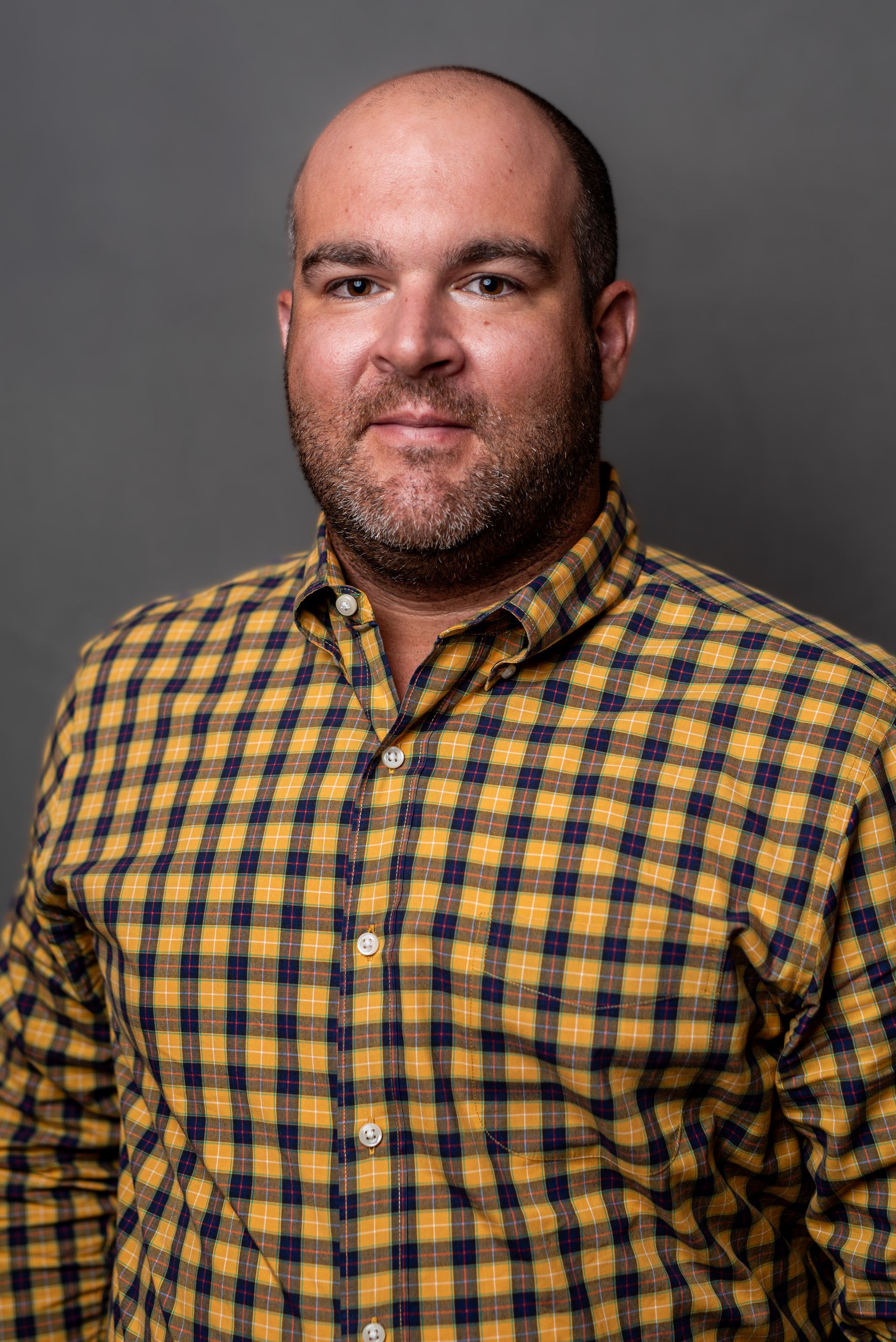Robert Maruca
LPC

Robert Maruca
At a Glance
Words to Live By
Therapy is an artform. It is fueled by knowledge.
Specialties and Expertise
Anxiety Management, Depression, Obsessive Compulsive Disorder (OCD), Schizoaffective Disorder, Attention Deficit Hyperactivity Disorder (ADHD), Self-esteem, Development of Social Skills and Socioemotional Behaviors including Anti-Bullying
Client Focus
Children and adolescents through adults
Professional History
- Irving Primary School, School Counselor/Anti-Bullying Specialist
- Orchard Hill Elementary School, School Counselor
- Amsterdam Elementary School, School Counselor/Anti-Bullying
- Hugh J. Boyd Jr. Elementary School, In-class Support Team Member, Mentor for At-risk students
Education
- Master of Arts in Counseling, CACREP Accredited, Kean University, 2021
- Bachelor of Arts in History (BA), Minors in Music and Professional Education, West Chester University, 2014
Robert’s Story
I believe in a person-centered approach. As a Licensed Associate Counselor at Modern Psychiatry, I want my patients to feel and know that when they’re in the room with me, the focus is on them.
At the same time, I incorporate systems thinking ... that is making sense of the world or an issue an individual is experiencing in terms of the whole, for example, relationships and/or the dynamic of the relational environment. “The interconnectedness we all have is such an important component.” Other people in my clients’ lives play an important role. This includes family, spouses, partners, friends and even pets. Much of the time when my clients seek help for anxiety, particularly in the form of excessive worries, changes in their day-to- day lives and trauma, depression, OCD, ADHD, and low self-esteem and self-worth, these issues stem from their families and relationships.
I notice a lot of “all or nothing thinking” among clients. “’Why is this happening to me?’” they’ll ask. “’I don’t know what to do.’” In other cases, clients will be unable to find the words to express their feelings. “This is when the whiteboard becomes my best friend.”
A lot of times, I will sit back and let my clients discuss what is on their mind. More important than any theoretical approach, I need to be a good listener. When my clients are not opening up, I will sometimes take the lead and help guide them to what they wish to say. “I never force. But sometimes taking the burden of feeling like you need to always have something to say allows a client to relax and become more comfortable in a session.”
Therapy is more than just understanding clinical knowledge. It’s how you apply it. How can you get your patients of all different levels to comprehend it? To do this, I use visuals on a whiteboard, YouTube videos and stories that help drive the message that is personalized to each client. And each client is unique … not all anxiety is created equal.”

